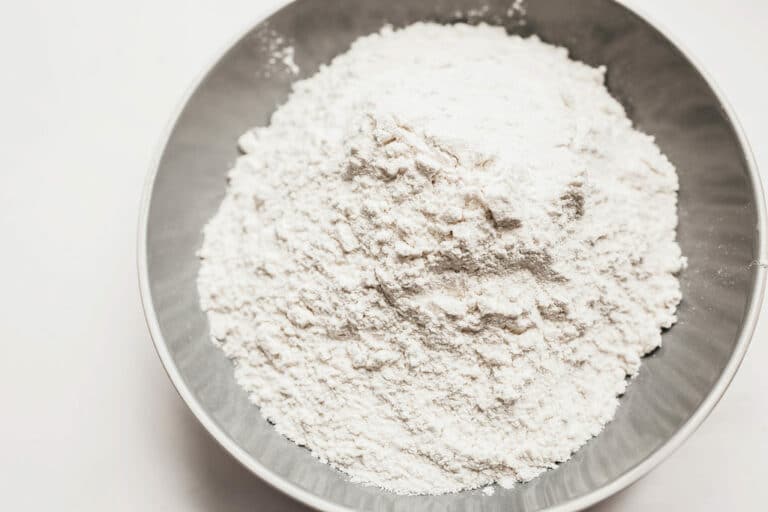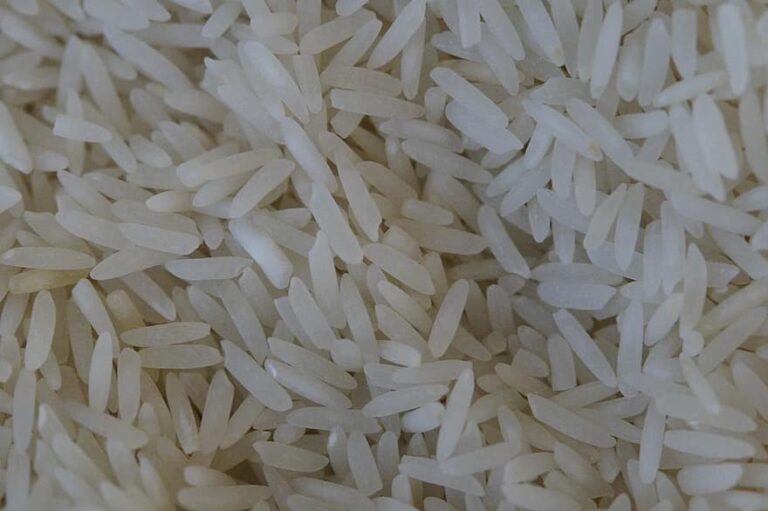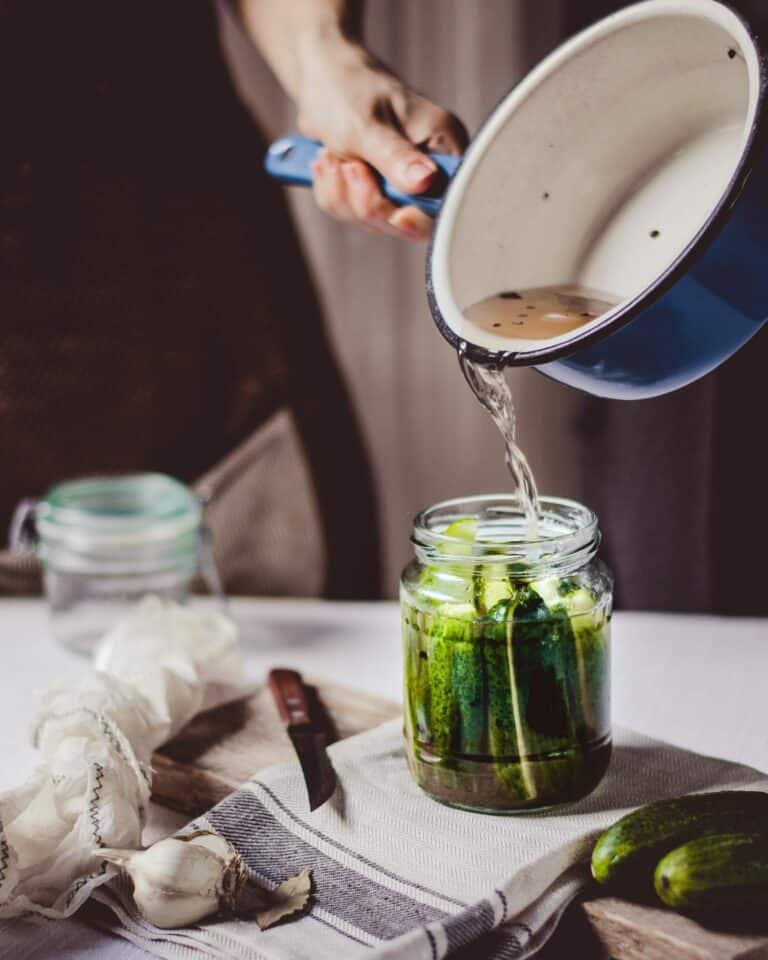How Long Does Tea Last? Can it go bad?
The simple answer to this question is that all tea will eventually go bad at some point or another. But, to simply state that and not elaborate on it further wouldn’t exactly lead to this being a very informative article now, would it? In order to get a satisfying answer and one that will reflect on people’s real life situations that they find themselves in, we’re going to have to look into this a bit further. For example, there will of course be large differences between the shelf life of tea bags and loose tea. Likewise, there will also be notable differences between various herbal teas and black tea.
Admittedly, none of us here have had the experience of drinking a cup of tea that has tasted like it was beyond its sell by date. Nor have we even really taken note of the sell by date itself. We have always just mindlessly grabbed for the tea. It always seems reliable, like an old friend that will never let you down. Thankfully, it turns out we have been quite fortunate in this regard as drinking old tea won’t kill you, it will just bore you a little. So, consider this as an advisory on how to get the best out of your tea rather than a more sinister and serious ‘how not to poison yourself with gone off tea’-type advisory. With that, let’s delve into how long tea can last and how best to make sure that it doesn’t go bland prematurely.
How Long Does Tea Last?

As we mentioned, there is a large variety of teas, each with their own characteristics and expiry dates. But how relevant are these expiry dates? Are they words to live by, or merely the manufacturer being overly cautious? We decided to find out. So, here is a quick breakdown of different types of teas and their expiry dates.
The main groups of tea actually all come from the same plant. It is how they are processed which makes the end product different. In terms of how long each will last, the more fermented teas will last much longer, as will those that have the leaves relatively intact rather than all broken up. So, by this rule, a black tea which is decidedly leafy will last the longest before it begins to diminish in quality.
Green and white teas are the least fermented of the bunch and thus will not last anywhere near as long, even if stored away with great care. However, they still have a reasonable amount of longevity and can survive until up to 12 months after their stated expiry date. Again, it is worth noting that drinking tea that has expired has no health risks associated with it, so long as it hasn’t come into contact with moisture and gone moldy. Oolong makes up the middle ground in terms of its fermentation and lasts somewhere in the region of 18 months beyond its sell by date before it sheds all of its flavour and aromatic qualities.
The Best Way to Store Tea

Green, black, white and oolong teas actually all originate from the same plant; it is how they are processed afterwards which gives them their different characters and flavours. Eventually, each one of these teas will lose its flavour. This is unfortunately an inevitability, no matter how well they are stored. The good news, however, is that you can prolong this degradation for a reasonably long time. Provided these dry leaves are kept away from such harmful elements such as moisture, heat, sunlight, and air, tea will last for up to two years. So, what is the best way to make this happen?
The single best tip we can give you for this is to remove your tea from its original packaging as soon as you have opened it. This is not because there is any problem with the packaging, but more so that once breached, it won’t sufficiently protect the tea. Instead, transfer the lot of it into sealed glass jars (like those you would see in dedicated tea houses. Once this is done, simply keep it somewhere cool and dark and it will take care of itself from there on out. Just like that, no more dull tea!
Signs That Your Tea has Gone Bad
Although not always 100% reliable, using your senses can be a useful and straightforward method to assess the condition of your tea. Having a sniff, you won’t be looking for the tell-tale signs of something rotten. No, instead you will be aiming to detect…nothing. Should it be the case that your normally aromatically pleasant tea just doesn’t rise to greet you anymore, it is more than likely that it won’t taste of much either. What has happened to your tea is that the oils in the leaves have evaporated, essentially leaving them as empty husks. At this point, it is recommended to either chuck them out or repurpose them. There are many interesting ways to repurpose teas listed at the FAQ section below.
Should Tea be Refrigerated or Frozen?
Though a slightly uncommon practice, there is a precedent for freezing tea leaves/bags. In fact, doing so will extend its shelf life by a whole extra year. That’s two years beyond its sell by date! So, if you happen to have imported an obscene amount of tea, absolutely freeze some of it for a rainy day.
Tea Storage, Sell-by Dates, and Other Related Questions

Can tea be drunk after its sell by date?
Provided the tea has been stored correctly and hasn’t been exposed to any moisture, there is no reason that your tea can’t be consumed up to two years beyond its expiry date. Just keep an eye out for the signs of spoilage and you should be fine.
Can tea that has gone bad be used for anything?

After your tea has lost all of its flavour and aroma, there are still plenty of reasons to hang onto it and repurpose it in the home. For example, if you have puffy eyes, placing damp tea bags over them can alleviate them. Tea leaves are also great at absorbing odours so can have a range of uses in the home. For example, they can be used to freshen up old and musty carpets. Just remember to let them dry beforehand when needed.







